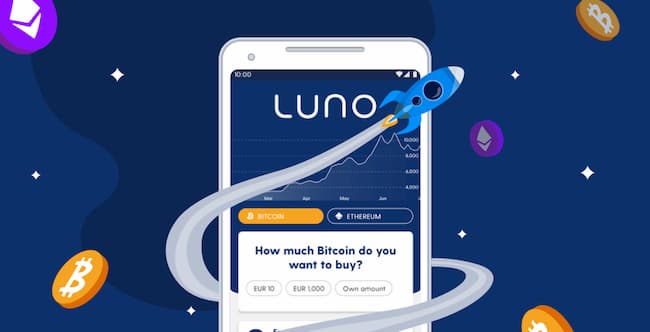Cryptocurrency firm Luno has announced to its Nigerian audience that they would soon be able to make withdrawals and deposits soon.
This news was contained in an email, according to a report by The Guardian, noting that it devised an approved channel to make withdrawals and deposits possible.
It said, “We are pleased to announce that we have approved a solution to enable our customers to withdraw and deposit Naira again on Luno. This will be available on our platform in the coming weeks.”
The announcement trails a months-long ban on cryptocurrency in the country, a directive by the Central Bank of Nigeria (CBN).
The apex bank had described deals with cryptocurrencies as speculative and untraceable.
It directed all Deposit Money Banks (DMBs) and other financial institutions to close all accounts trading in cryptocurrencies, noting that crypto transactions were used for “money laundering” and terrorism funding.
READ ALSO: 54gene Raises $25m, Appoints New Executives
“In light of these realities and analyses, the CBN has no comfort in cryptocurrencies at this time and will continue to do all within its regulatory powers to educate Nigerians to desist from its use and protect our financial system from activities of fraudsters and speculators,” CBN said.
Months following the ban, the CBN announced that Nigeria’s own digital currency was in the works, dubbed e-naira, the CBN said that the platform would be launched in October 2021.
Luno, in its email, according to The Guardian’s report, assured traders that they would be apprised of further details of how soon trading can resume.
It added customers could, in the meantime, “still buy, sell, send, receive and earn crypto with funds that are already in your wallet.”
Nigerians, on the other hand, in the wake of the ban, had circumvented the ban by trading using Peer-to-Peer services (P2).
The CBN, in its circular, had explained that its move had become “necessary to protect the financial system and the generality of Nigerians (including the youth population) from the risks inherent in crypto assets transactions, which have escalated in recent times, with dire consequences for the integrity of the financial system and financial stability.”













